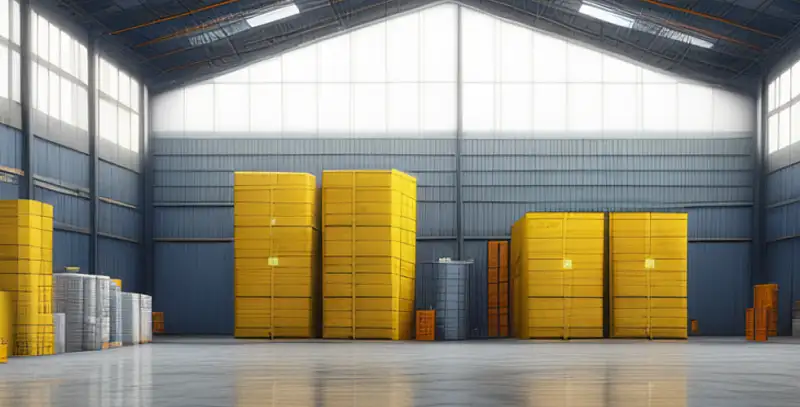With rapid technological advancements and increasing supply chain complexities, modern intelligent warehousing and logistics are becoming the smart choice to enhance supply chain efficiency. This article delves into the concept, key features, and the role of modern intelligent warehousing and logistics in supply chain management. We explore core technologies such as the Internet of Things (IoT), big data analytics, and artificial intelligence (AI), and discuss their impact on optimizing storage and logistics processes, improving accuracy, and enhancing flexibility. Additionally, we examine the role of intelligent warehousing and logistics in sustainability and customer satisfaction, and discuss future trends and challenges.
Introduction:
– Background and definition of modern intelligent warehousing and logistics
– Importance of modern intelligent warehousing and logistics in enhancing supply chain efficiency
Part 1: Key Features of Modern Intelligent Warehousing and Logistics
– Application of IoT technology in intelligent warehousing and logistics
– Sensor networks and RFID technology
– Enhanced connectivity and smart devices
– Real-time monitoring and remote operations
– Significance of big data analytics and prediction
– Data collection and storage
– Data analysis and decision support
– Prediction and optimization
– Role and impact of AI in warehousing and logistics
– Automation and intelligent systems
– Machine learning and intelligent decision-making
– Adaptive and optimization algorithms
Part 2: Benefits of Modern Intelligent Warehousing and Logistics
– Impact on optimizing storage and logistics processes
– Warehouse layout and storage optimization
– Goods sorting and loading optimization
– Delivery route and traffic optimization
– Role in improving accuracy and flexibility
– Reduction of errors and losses
– Real-time traceability and monitoring
– Flexibly adapting to demand fluctuations
– Effects on cost reduction and efficiency improvement
– Optimal utilization of human resources
– Resource and energy conservation
– Inventory management and order execution optimization
Part 3: Sustainability and Customer Satisfaction in Modern Intelligent Warehousing and Logistics
– Environmentally friendly warehousing and logistics solutions
– Application of sustainable energy sources
– Reduction of packaging and waste
– Environmental regulations and compliance
– Provision of real-time information and traceability
– Accurate inventory and delivery information
– Rapid response and communication
– Enhanced customer satisfaction
– Enhancement of customer satisfaction and competitiveness
– Meeting personalized customer demands
– Rapid response and delivery
– Innovative value-added services
Part 4: Future Trends and Challenges
– Outlook on technological innovation and development trends
– Application of unmanned warehouses and intelligent robots
– Further development of AI and machine learning
– Application of blockchain and digital contracts
– Challenges in data security and privacy protection
– Considerations for data privacy and compliance
– Challenges in cybersecurity and data protection
– Balancing data sharing and interoperability
Conclusion:
– Summarizing the importance and advantages of modern intelligent warehousing and logistics
– Highlighting the role of intelligent warehousing and logistics in enhancing supply chain efficiency
– Emphasizing the significance of continuous innovation and adaptability to change

